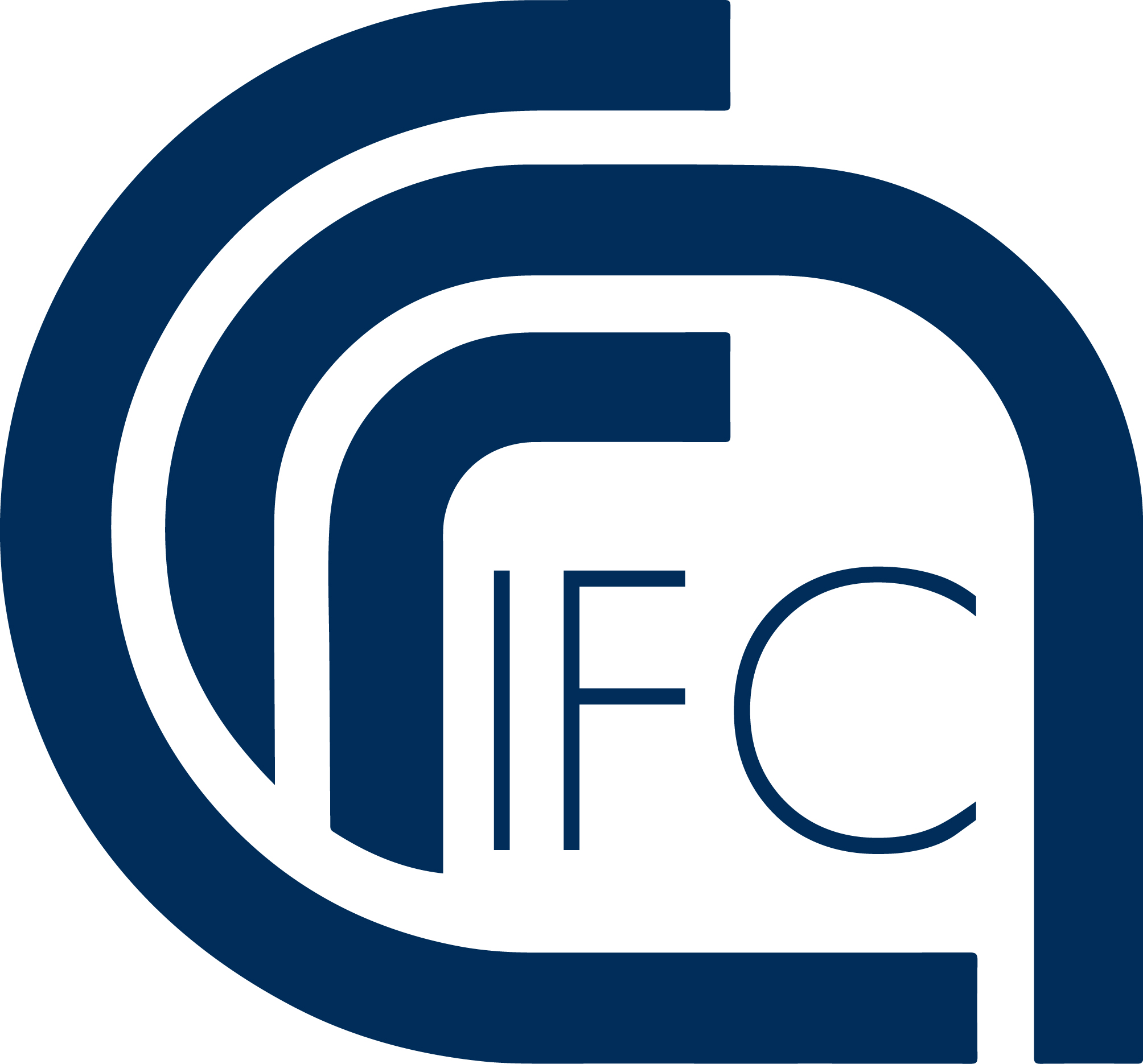
Il primo Seminario IFC del 2015 è dedicato alla proteomica, che Lorenzo Citti e le sue collaboratrici - Lorena Tedeschi, Antonella Cecchettini, Silvia Rocchiccioli - ci illustreranno come un argomento di ricerca, che, dopo un grande passato, si presenta ancora attuale, anzi con prospettive future, particolarmente nella Clinica.
A sottolineare l’importanza del ruolo che sta di nuovo assumendo la proteomica, il Seminario si avvarrà della partecipazione della Prof.ssa Cecilia Gelfi del Dipartimento di Scienze Biomediche per la Salute dell’Università di Milano, esperta di proteomica applicata al settore biomedico, responsabile di un laboratorio di Proteomica di fama sovranazionale, membro del CDA della Fondazione Gabriele Monasterio.
Di seguito l’articolazione del Seminario e (in inglese) il riassunto degli argomenti trattati.
L’appuntamento è per Giovedì 15 Gennaio 2015, alle 14.45 presso l’Aula 27 ed. A, Aula della Ricerca del CNR, Via Moruzzi 1, Pisa.
14:45-Introduzione: “Il ritorno allo studio delle proteine: un’esigenza nell’era post-genomica” a cura di Lorenzo Citti, ricercatore associato IFC-CNR, fondatore dell’unità di Proteomica presso IFC
15:00- “Oligonucleotidi sintetici come strumenti per una migliore comprensione delle proteine” a cura di Lorena Tedeschi, ricercatrice IFC CNR, coordinatrice del gruppo di Tecnologie Genomiche per la progettazione di molecole proteina-specifiche
15:30-“VSMCs: un modello per l’identificazione di costellazioni proteiche che si modificano nell’universo dell’aterosclerosi, come palestra per la ricerca mirata dei bersagli molecolari” a cura di Antonella Cecchettini, ricercatrice del Dipartimento Medicina dell’Università di Pisa, associata IFC-CNR, responsabile degli aspetti bio-patologici e dei modelli sperimentali
16:00-“Il contributo della proteomica nell’aterosclerosi: modelli sperimentali ed applicazioni cliniche” a cura di Silvia Rocchiccioli, ricercatrice IFC-CNR a tempo determinato, coordinatrice del laboratorio di spettrometria di massa, ed organizzatrice delle tematiche proteomiche nelle diverse articolazioni della ricerca
16:30-“Proteomica clinica: prospettive future” a cura di Cecilia Gelfi.
Abstract
The belief that whole genome mapping would provide insights to elucidate mechanisms of pathogenesis for whichever disease has been rapidly rejected. The large majority of disorders is, indeed, a multi-genic process depending on the unbalanced regulation of several genes. Such a point of view greatly drove studies back to regulatory mechanisms and to proteins. Proteins represent, in a first approximation, the practical executors of every biological process so that their assortment, modulation or modification generate the features of cells and tissues (phenotype). Indeed, while a gene is a defined, static element, its protein products may be so numerous and so different that resulting effects are unpredictable. It has been evaluated that 20,300 coding genes in the human genome are responsible for about 2,000,000 different proteins in a ratio of 1:100. Proteomics, by studying the whole protein content, defines the phenotype of a given sample. Moreover, since phenotype varies in dependence of several events, proteomics profiles would change accordingly, providing good insights to elucidate mechanisms and to identify factors responsible for these changes. Static comparative analyses and more recent dynamic approaches have been successfully performed in order to identify specific markers, putative therapeutic targets and pathological pathways. However, the experimental validations of the role of inferred factors or pathways are compulsory. Today, we will present examples of activities integrating proteomics and genomic technologies applied to cardiovascular dysfunctions in cell models, animal models and clinical specimens.
Synthetic oligonucleotides (design & synthesis) are a well established technology in our IFC lab and have been successfully exploited for different purposes. Their tight relationship with proteomics appears natural and mutually beneficial. For their role in affecting gene expression at different levels, and consequently protein expression, have been useful tools for investigating and reverting pathological phenotype in cells. More recently applications of oligonucleotide aptamers has been found as receptor-blocking agent and/or as selective ligand for molecular imaging and for affinity chromatography.
VSMCs, representing an in vitro model of atherosclerosis, allow the identification of constellations of proteins that move during the phenotype switch and are involved in onset and progression of pathology. These cells are also an interesting system to validate proteomics results and to experiment oligonucleotide shooting for crucial targets. Experimental models of diet induced atherosclerosis and clinical samples from carotid endoarterectomy represent an interesting source of biomarkers and complex systems to study factors involved in disease onset, progression and clinical complications.



 中文
中文  EN
EN 